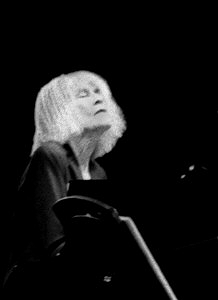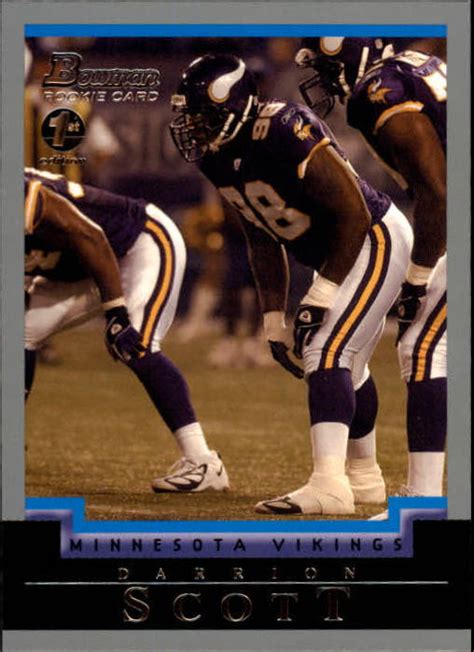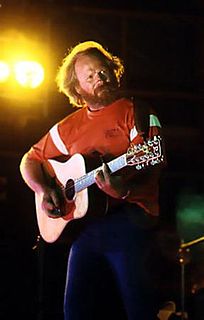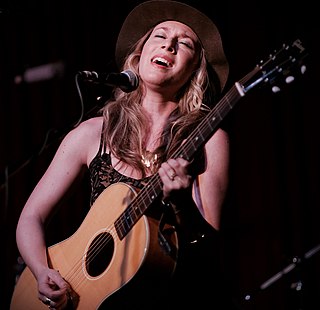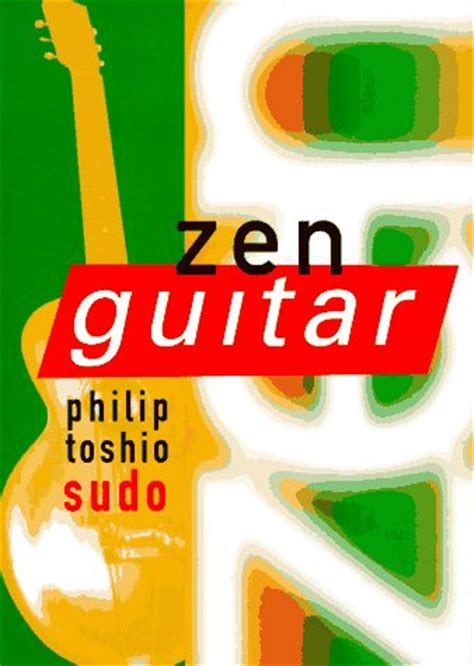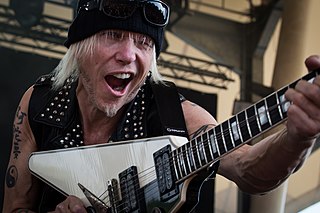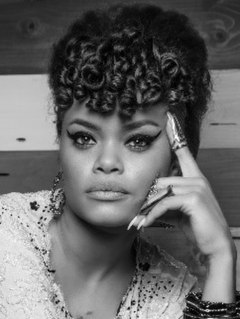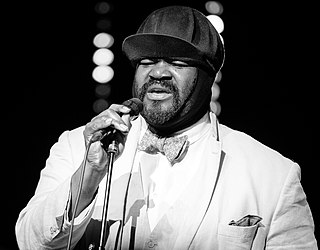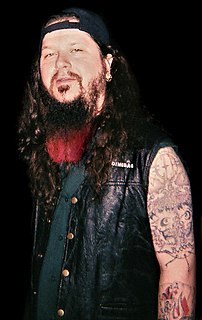A Quote by Carla Bley
I just got to hear every note. After I left Birdland, I started working at the Jazz Gallery. In the end, I still couldn't play, but I knew how to listen. I was probably the world's best listener.
Related Quotes
For a second we just stand there in silence. Then, suddenly, Alex is back, easy and smiling again. “I left a note for you one time. In the Governor’s fist, you know?” I left a note for you one time. It’s impossible, too crazy to think about, and I hear myself repeating, “You left a note for me?” “I’m pretty sure it said something stupid. Just hi, and a smiley face, and my name. But then you stopped coming.” He shrugs. “It’s probably still there. The note, I mean. Probably just a bit of paper pulp by now.
It's one of the best feelings in the world to hit the quarterback like that, hear the crowd go crazy, and then to watch it on film. You look forward to those types of plays. The best part about it is that you never know when it's going to come. Every play you've got to go hard and every play you've got to think and believe that you're going to get that quarterback sack. If you don't get it that play it might be the next play so you've always got to be thinking about it, and when it comes, it's the best.
I started playing violin because I was fascinated by how violin players could play so fast. I would buy their cassettes, and learn different concertos, but then I started rounding out my collection. My dad was a big jazz fan, so I just started hearing a lot more soul music. I loved Little Stevie Wonder, and I got really into him as a singer and a writer as I got older.
When you play guitar you are drawing a frame around a moment and saying to the listener, 'Here is how I want you to experience this. How you begin and end a solo is framing, How you structure a song is framing, how you present yourself onstage is framing. See every corner, not just the center, framing should heighten the impact of the art and give clarity to your vision.
As long as there is democracy, there will be people wanting to play jazz because nothing else will ever so perfectly capture the democratic process in sound. Jazz means working things out musically with other people. You have to listen to other musicians and play with them even if you don't agree with what they're playing. It teaches you the very opposite of racism and anti-Semitism. It teaches you that the world is big enough to accommodate us all.
I knew that I could sing when I was young. I would listen to a lot of jazz; I'm a big jazz fan. When I first got to high school and studied musical theater, I could sing. But I added certain things to my voice, and I realized after graduating high school that this is the kind of voice I had. It's not very nimble, but it's heavy.
Beyond that, it gets down to the nuts and bolts of discipline - not a tradition or genre, I don't care about that, actually - but discipline in the sense of just working on music and working on thinking about music. It doesn't matter if it's jazz or not. It's about how we listen, how we interact, how we guide our attention when we're listening, and how we can refine what we're doing musically.
The amazing thing about the cistern is that, if you're improvising in a dead room, you play your note and then you're left with your thoughts and you have to be really quick on your feet and be able to move through many different musical thoughts seamlessly. Improvising there is just, like, you play a note and then you had at least ten seconds to think, "What would be the perfect accompanying note to that?" And then you could add that note. You can just build this puzzle that was really amazing.
